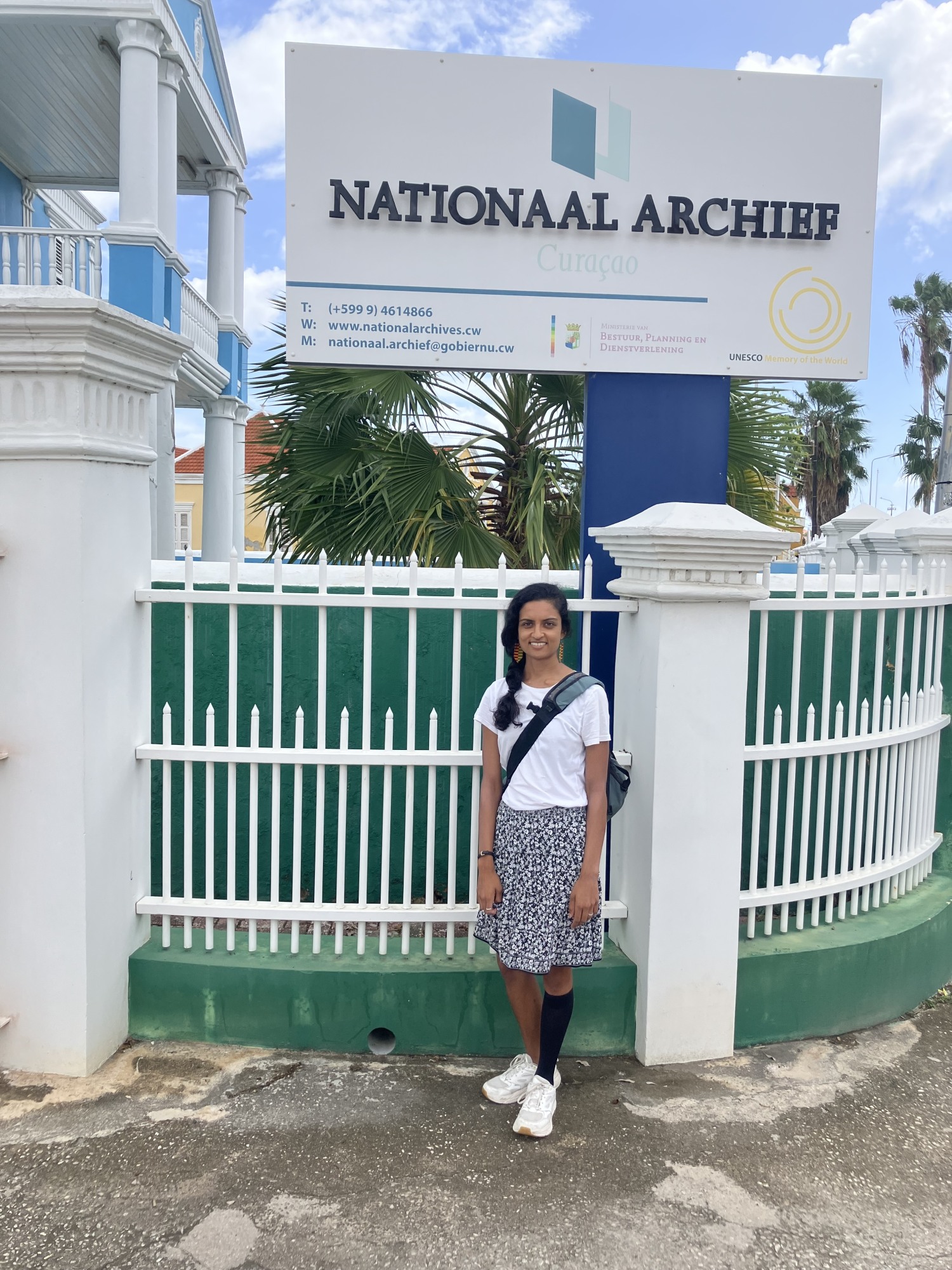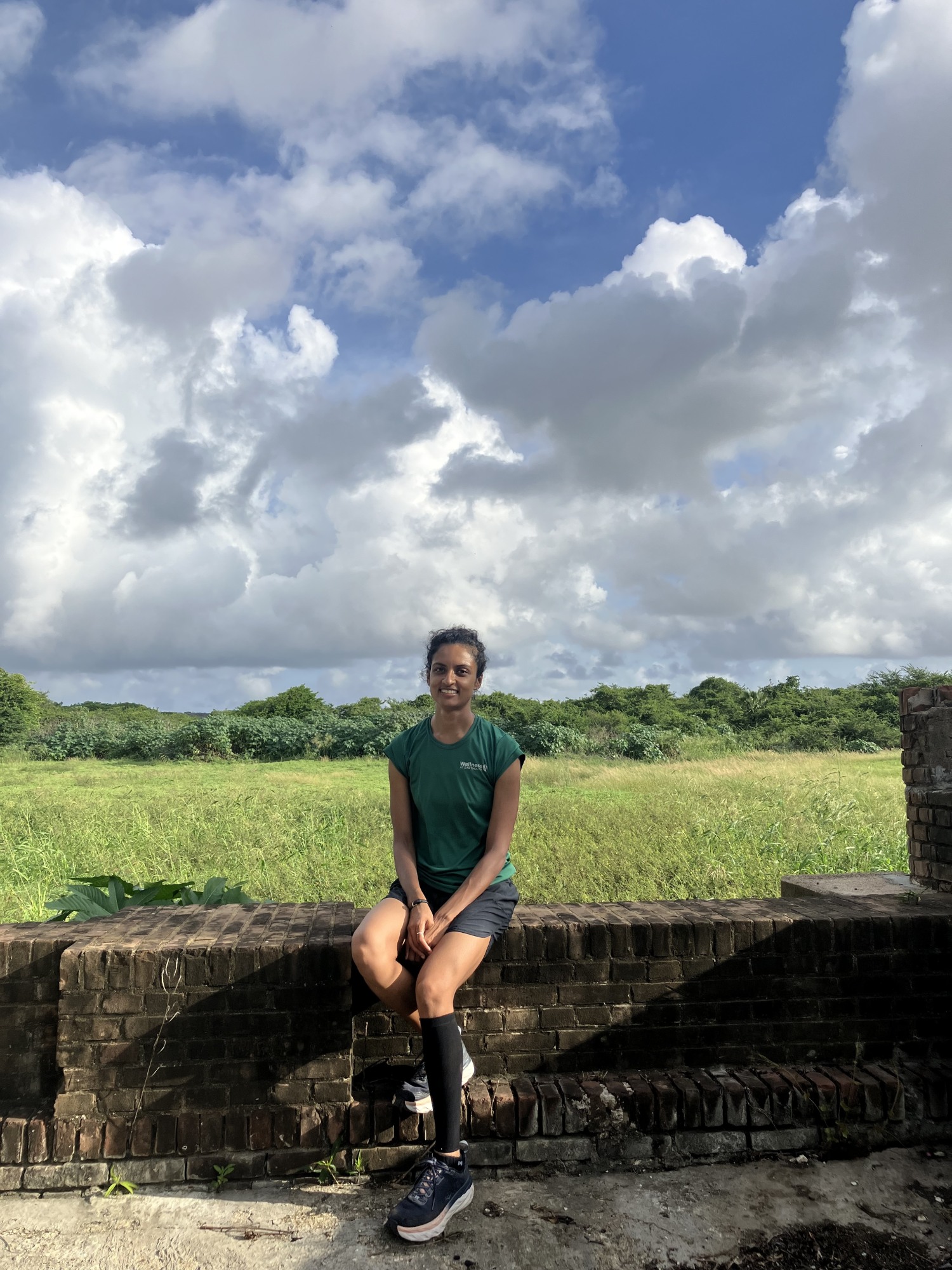 “The research mobility fellowship allowed me to travel to the central site of my dissertation - Curaçao - and conduct months of research in the archives there. This was essential to driving my dissertation work forward,” says Ramanujam.
“The research mobility fellowship allowed me to travel to the central site of my dissertation - Curaçao - and conduct months of research in the archives there. This was essential to driving my dissertation work forward,” says Ramanujam.
Her project investigates how global environmental inequalities have developed, and how they are affected by colonialism. Ramanujam examines environmental policy development in the twentieth century around two of the largest refineries in the Dutch empire – one in Curaçao, a former island colony in the Caribbean, and one in Rotterdam in the Netherlands.
These refineries were owned and operated by Shell, the largest Dutch multinational corporation in the same period. She examines how environmental policies developed in negotiation with multinational capital at both sites and how this shapes environmental inequality between the two places. Her work focuses on answering the questions: how did the government negotiate environmental policy with Shell around the refineries in Curaçao and Rotterdam and how did the historically colonial governmental relationship between the Netherlands and Curaçao shape this process?
The fellowship-supported research allowed her to collect valuable data from the National Archives and the Mongui Maduro Library. She analyzed government correspondence and reports about air pollution and water use policy, correspondence with Shell, court case documents, parliamentary minutes, newspaper articles as well as secondary literature written about the refinery and governmental developments in Curaçao.
 She also conducted informational interviews with a former Prime Minister of the Netherlands Antilles, an ex-employee of Shell from the ‘80s, and environmental activists who organized around environmental problems caused by the refinery. These interviews were possible due to the extended stay on the island that the Research Mobility Fellowship facilitated. The time also allowed her to develop relationships with fellow researchers, as well as conduct site visits to important dams built by Shell to manage water flows on the island.
She also conducted informational interviews with a former Prime Minister of the Netherlands Antilles, an ex-employee of Shell from the ‘80s, and environmental activists who organized around environmental problems caused by the refinery. These interviews were possible due to the extended stay on the island that the Research Mobility Fellowship facilitated. The time also allowed her to develop relationships with fellow researchers, as well as conduct site visits to important dams built by Shell to manage water flows on the island.
“Ultimately, I was able to move my project forward and narrow its focus on select environmental policies in Curaçao, identify important turning points in them and how they tell different stories of environmental inequality,” says Ramanujam.